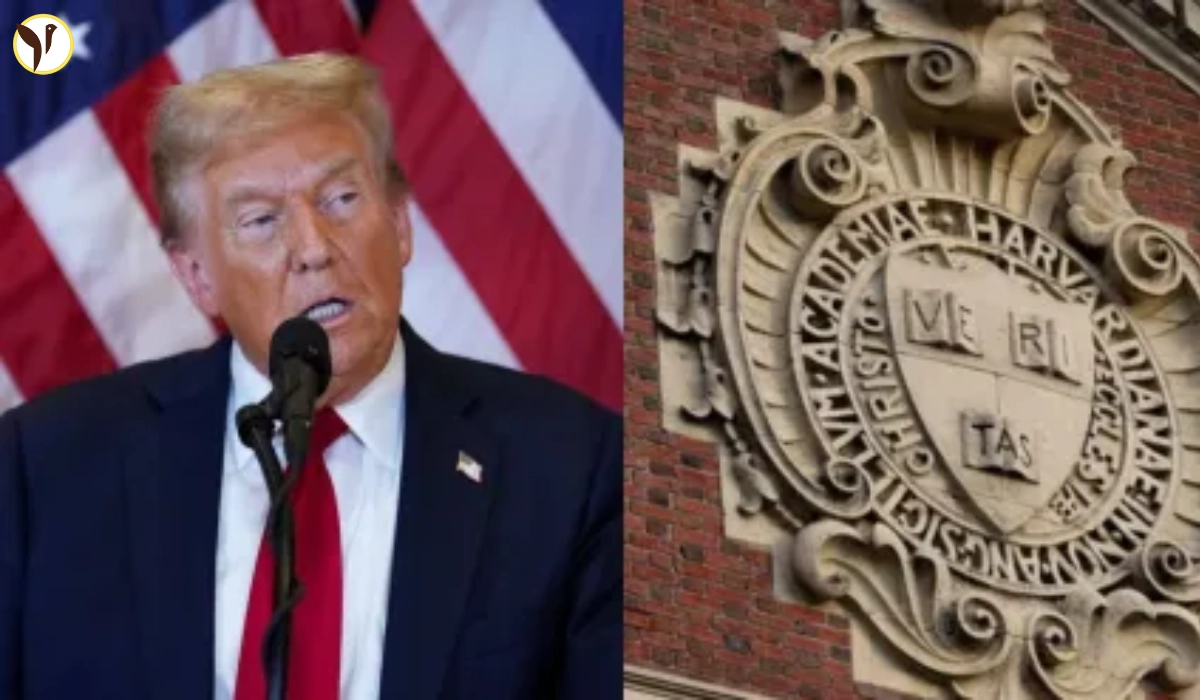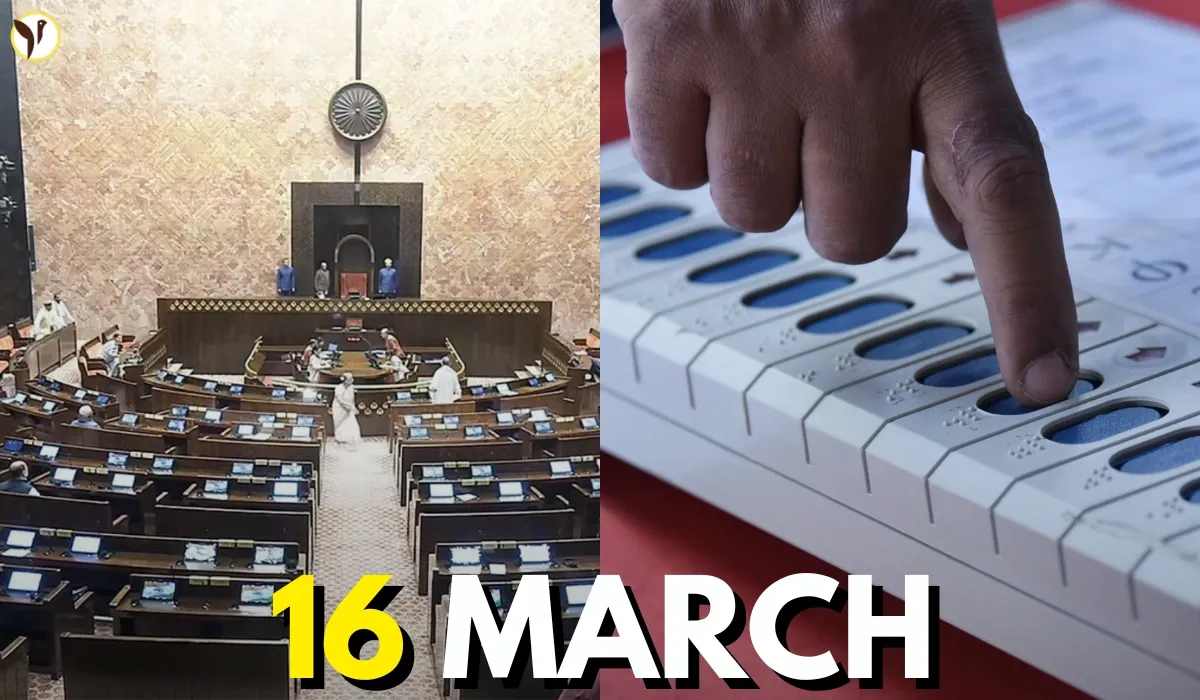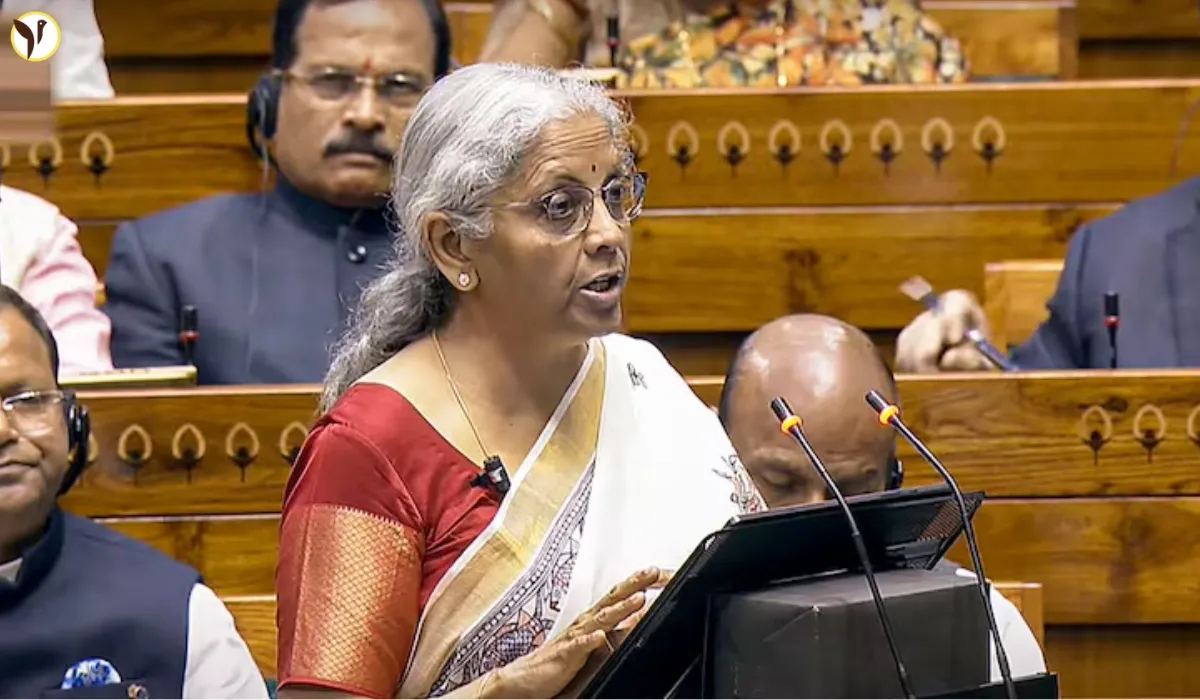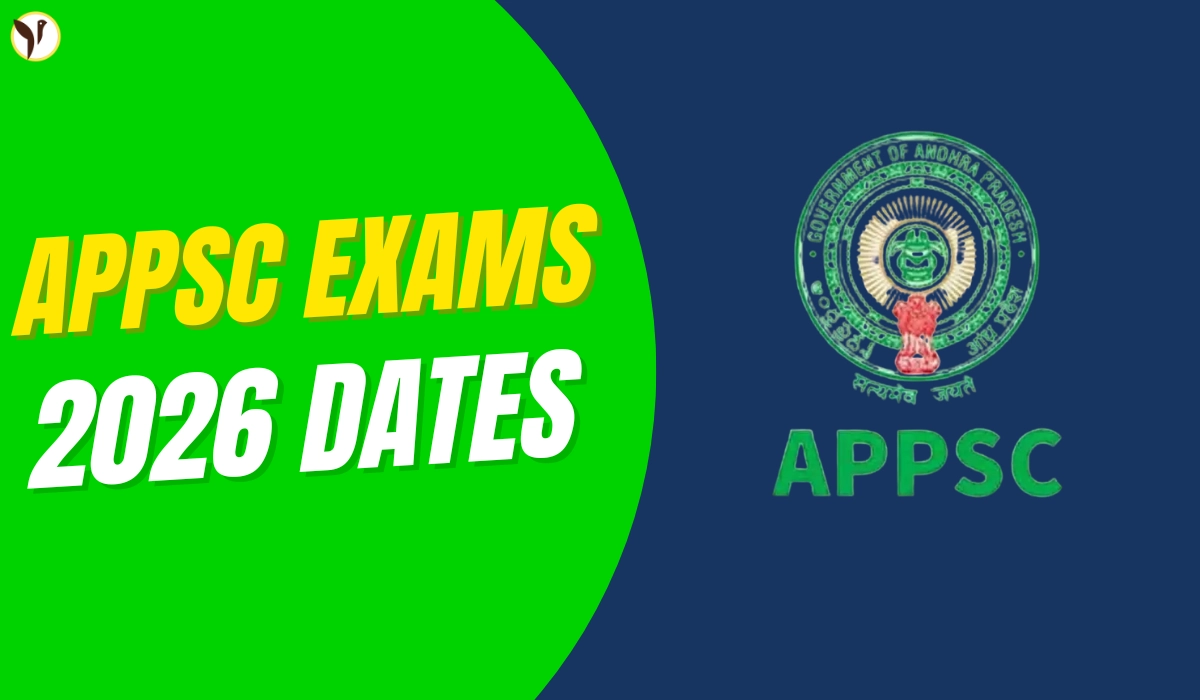The Ban That Stirred Up a Storm
So, here's what happened — the Trump administration tried to block international students from coming to Harvard. It was part of a broader push on immigration, but this one really hit a nerve. Imagine being a student, halfway across the world, accepted into one of the most prestigious universities, and suddenly being told, "Nope, you’re not allowed in." No warning. No clear reason. Just a flat-out ban.
Harvard wasn’t having it. They took the government to court, saying the move was not only unfair but felt personal — like it was targeting the school and its students just to make a political point. And honestly, a lot of people agreed it didn’t feel right.
What the Judge Said
A judge looked at the case and stepped in, saying, “Hold on — this ban could really harm students and the university.” So, she temporarily blocked it. That means for now, students can still come to Harvard and start or continue their education, without worrying about being shut out of the country.
This isn’t a final decision, though — it just pauses the ban until the court can go through everything properly. But even this temporary block is a big deal. It sends a message that these kinds of decisions can’t be rushed through without consequences.
🚨 #BREAKING: A federal judge has just BLOCKED Trump's executive order banning transgender surgery for minors, per ACLU
— Nick Sortor (@nicksortor) February 13, 2025
This is INSANE.
Why are these activists HELLBENT on mutilating children??! pic.twitter.com/RIfvbMd86b
Why This Actually Matters
-
For students, this is everything. Many had already gotten their visas, paid fees, made travel plans, and were ready to move. This ban would’ve turned their lives upside down, just days or weeks before the semester started.
-
For Harvard, and honestly other schools too, it raised big questions about academic freedom. Can a university choose who it teaches, or does the government get to step in and decide that? That’s the bigger fight happening here.
-
For the future, it’s about more than just one school. This case might end up setting a tone for how much control the federal government has when it comes to student visas and international education.
Right now, international students headed to Harvard can take a breath — but everyone’s still watching to see what happens next in court. It's a legal battle, sure, but for the students involved, it's also personal. It's about their dreams, their future, and whether those will be decided by politics or by opportunity.









